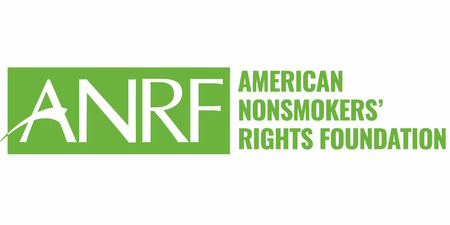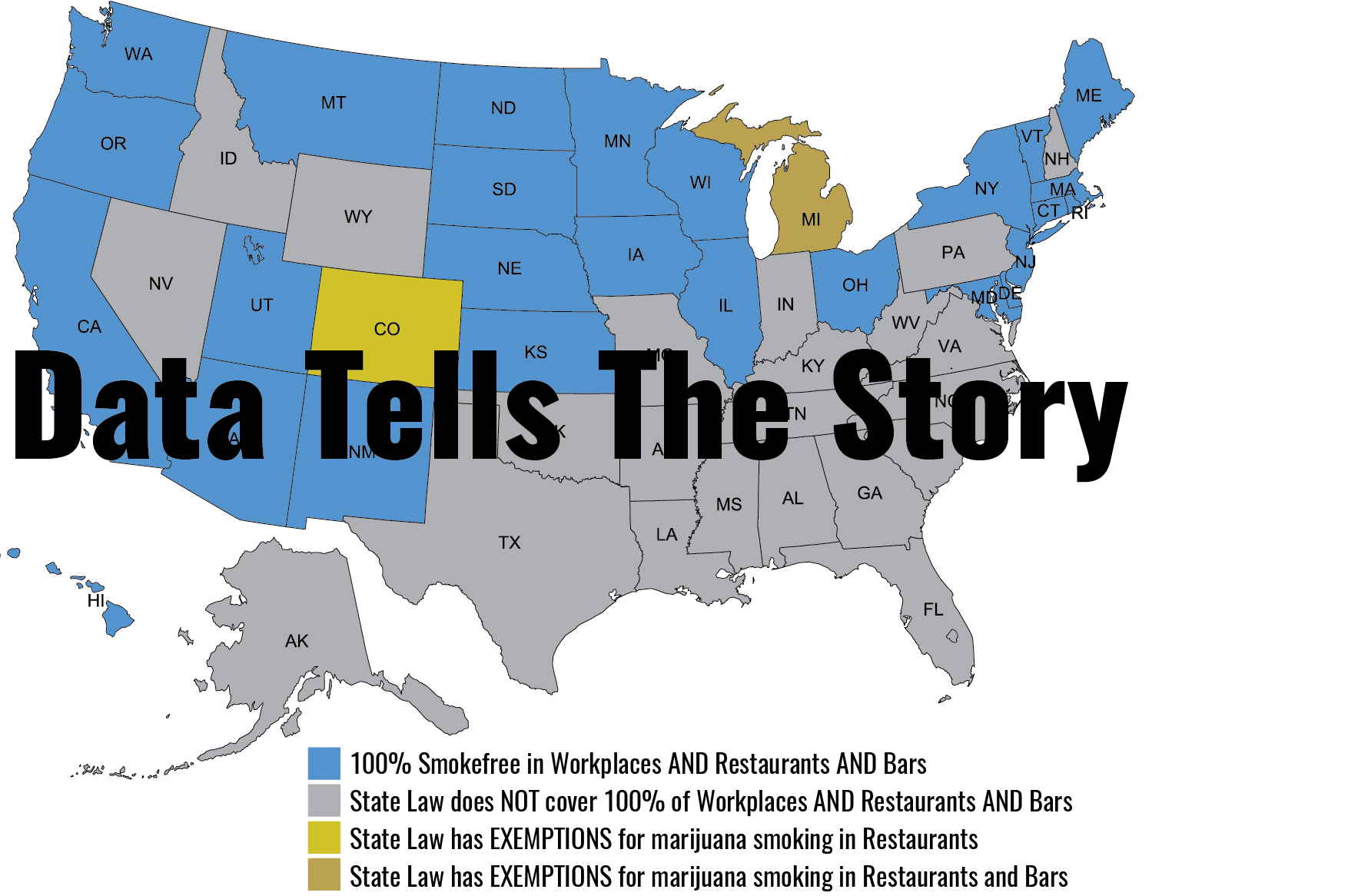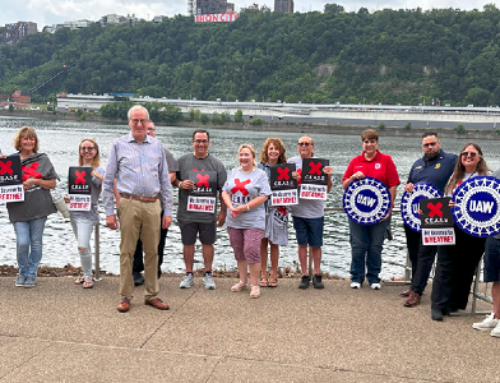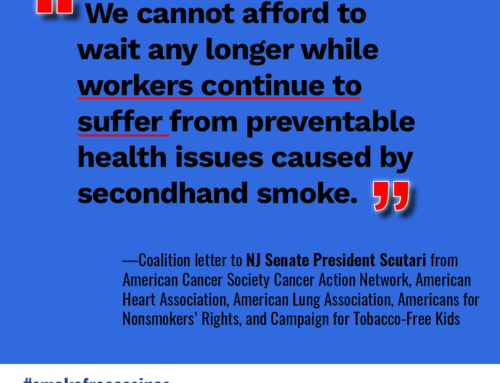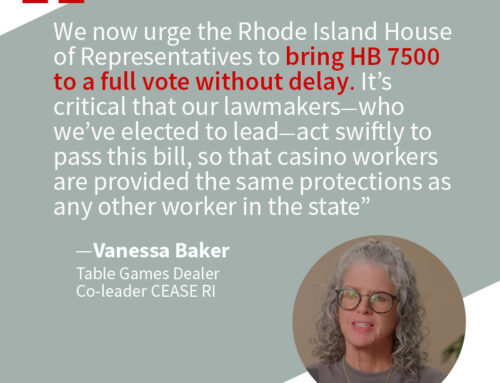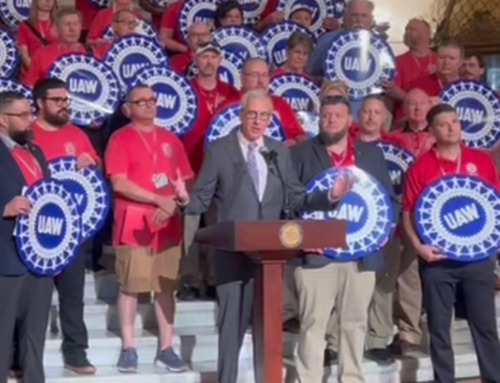The ANR Foundation is pleased to announce our most recent quarterly update to the lists and maps of U.S. municipalities and states with smokefree laws now in effect. Special Congratulations to Shreveport, LA, who, after a hard-fought campaign, now enjoys smokefree bars and gaming venues, along with smokefree workplaces and restaurants. And big congratulations to the state of Connecticut, for enacting smokefree non-hospitality workplaces (joining their already smokefree restaurants, bars, and gaming venues) and not including exemptions for marijuana. See all of our updated lists here on our website.
We are also celebrating the addition of campuses in Kentucky, South Carolina, New Jersey, and Illinois to our 100% smokefree and tobacco-free colleges list.
It is critical that we continue our smokefree efforts to close health equity gaps and to protect public health. Shifting smoking from indoor areas to outdoor areas will help to keep workers healthy and businesses open by reducing the spread of respiratory droplets, and it sends a strong message that the safety of casino staff, vendors, contractors, and guests is a priority. While social distancing and hand washing help prevent the spread of diseases like COVID-19, eliminating secondhand smoke is also critical to prevent acute and chronic diseases. When secondhand smoke is eliminated, it saves lives by reducing the risk of heart disease, stroke, respiratory diseases, and lung cancer by up to 30% at a population-wide level.
As a reminder, ANR Foundation’s new Smokefree Casino and Gaming Property Directory replaces our previously published List of Smokefree Gambling Facilities. The interactive directory can be sorted by state, Tribe, and company and includes a map for each state. We continue to be impressed with the leadership shown by Tribes and Tribal Casinos in requiring their facilities to be smokefree. As of October 2021, there are at least 1,036 smokefree gaming venues (including at least 154 Tribal gaming facilities). You can find the directory by state here, with an overview map here.
The ANR Foundation has a bibliography of almost 600 studies, reports, and articles that utilize data from the U.S. Tobacco Control Laws Database©, which you can see here. Interested in a data run? Contact Maggie Hopkins to discuss the many options of standardized reports we have available, as well as the special multi-variate analyses that we can run based on your research and policy surveillance data needs.
Did you expect your new law to be included but don’t see it on our lists? That is either because the law is not yet in effect or because the law didn’t meet the smokefree list criteria for enclosed non-hospitality workplaces, restaurants, bars, and/or gambling venues to be 100% smokefree without exemptions. Some laws have been enacted so recently that our Policy Surveillance Team has not yet had a chance to order, analyze, and enter them into our Tobacco Control Laws Database. Other laws, in spite of all of our searching, fly under our radar. We very much want these laws, so please contact us to check about any law you think we may be missing. Still have questions? Please contact Laura Walpert.
The lists are updated on a quarterly basis. The next quarterly update will be in January 2022.
Become a Subscriber We are member-supported. Contribute to help us keep your organization informed about secondhand smoke policy issues, tobacco industry interference, and more.
Subscriber benefits:
Daily news summaries
Weekly research citations
Priority technical assistance
Remember to check out the Foundation website for smokefree materials and resources, or visit the ANR site for updated smokefree laws and campaign information.
Contact Maggie Hopkins, Director of Data Management and Analysis, if you have questions about our lists and maps.
The tobacco industry never gives up in its attempts to undermine or roll back strong smokefree protections. We continue to see attempts from the industry to preempt local progress. Be aware, and contact us if you have any questions or see suspicious language in local or statewide legislation.
We hope you are staying safe and healthy!
